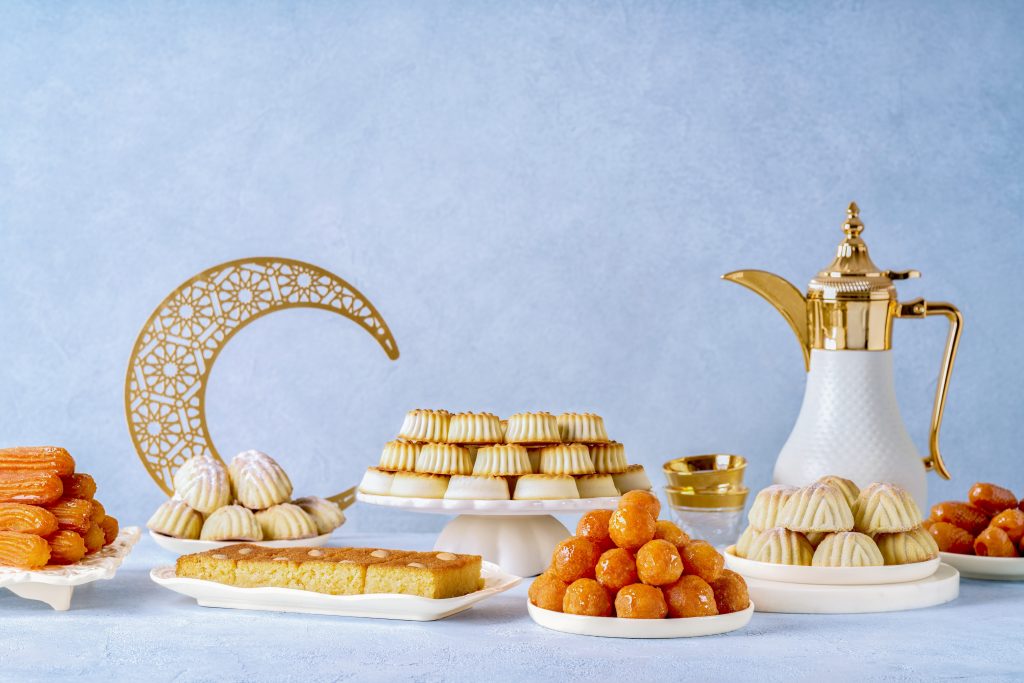As the festive period of Eid al-Fitr nears, Riyadh’s markets are teeming with shoppers looking to purchase oud (agarwood) and incense, essential elements of the holiday’s cultural practices. These aromatic products are not just a staple in the welcoming of guests who visit to exchange greetings but are ingrained in the very fabric of the Kingdom’s Eid customs.
According to the Zakat, Tax and Customs Authority, the import data for these commodities shows a notable increase. From the latter half of the previous year to the initial months of 2024, Saudi Arabia has imported an impressive 1,145,498 kilograms of oud and 1,513 kilograms of oud oil.
Recent observations by the Saudi Press Agency indicate a swift uptick in the commercial activities surrounding incense, oud oil, and assorted perfumes as the holiday approaches. The anticipation for Eid is palpable, with sales figures rising sharply.
The cost of oud varies significantly based on its type and quality. Premium, natural oud is in high demand and can command staggering prices, with a single kilogram valued at up to SAR400,000. On the other hand, improved oud, which is processed to augment its scent and visual appeal, is more affordable, ranging from SAR100 to SAR6,000 per ounce. Price determinants include the oud’s oil content and the quality of additional substances such as essential oils, resins, or dyes used in its enhancement.
These price variations are also influenced by the oud’s country of origin, primarily in Southeast Asia. Leading exporters to the Kingdom are countries like India, Vietnam, Thailand, Cambodia, Malaysia, and Indonesia. Among connoisseurs, highly prized oud is celebrated for its ability to mature gracefully, with its fragrance intensifying over time.
